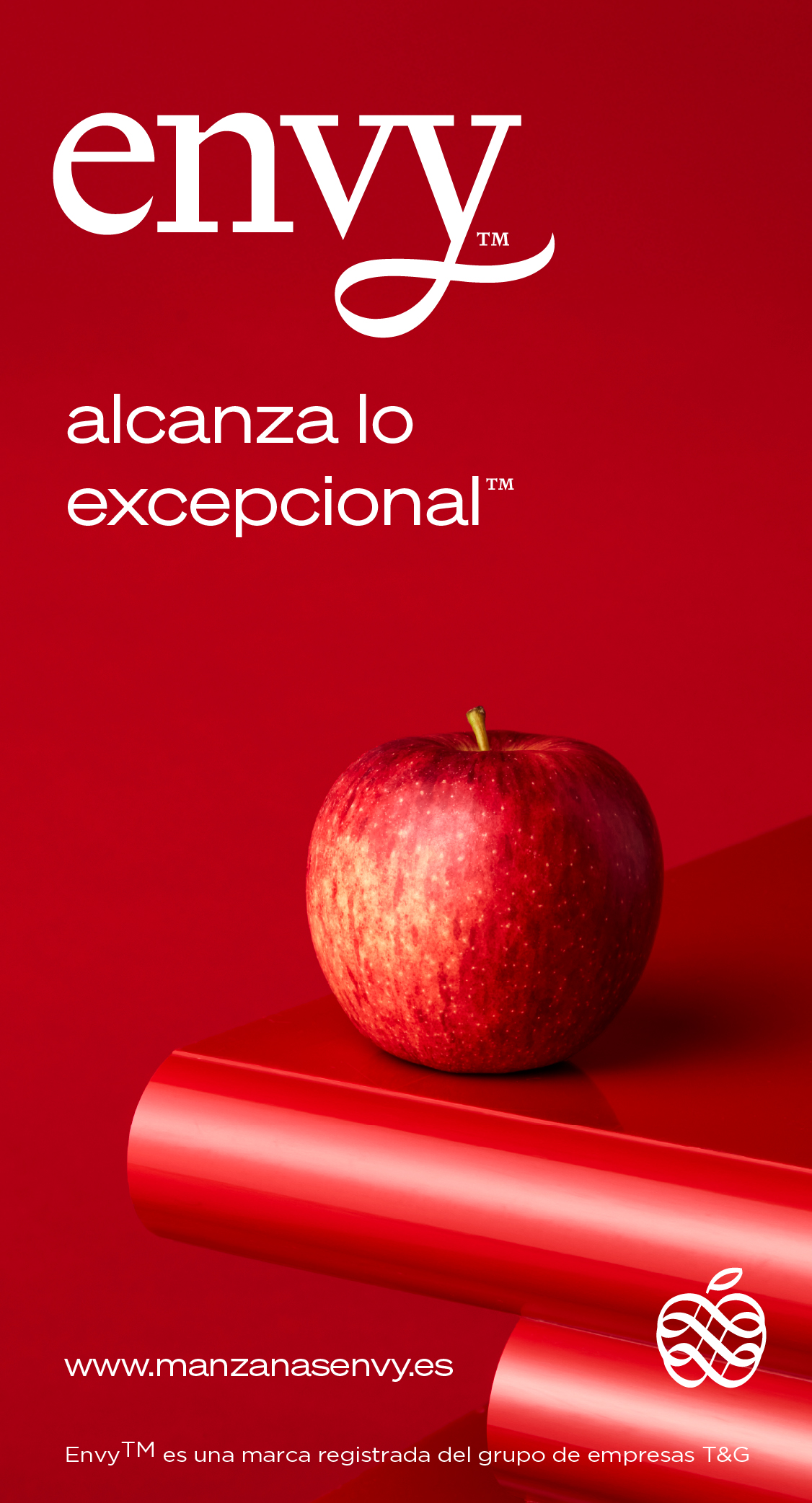The delay means that around 700,000 consignments annually will avoid SPS checks under the UK’s Border Target Operating Model (BTOM), which was originally scheduled to take effect on 1 July 2025. This reprieve is expected to prevent approximately £200 million in additional annual costs across the supply chain, offering cost relief to consumers.
According to the FPC, this exemption is sector-specific and will help maintain stability within the UK fresh produce industry, which includes supermarket supply chains, wholesalers, and foodservice providers. Without the delay, businesses would have faced operational challenges and added expenses associated with compliance.
The government’s extension aligns the exemption with the end of the UK’s Transitional Staging Period (TSP). It also allows time for the UK and EU to continue negotiations toward a new SPS agreement, although no timeline has been confirmed.
Additionally, fruit and vegetables will remain exempt from the Common User Charge (CUC) at key entry points, including the Port of Dover and the Eurotunnel. This exemption is expected to reduce logistical burdens for importers using these routes.
RELATED NEWS: Experts predict an upcoming surge of mutual investment between Ukraine and EU
Looking ahead, the FPC is calling on the government to ensure the availability of out-of-hours inspectors at control points handling plants and flowers, to expedite the Authorised Operator status process for trusted businesses, and to review the differences in regulatory treatment between EU and non-EU imports, particularly concerning fresh produce such as citrus.
While fresh fruit and vegetables are temporarily exempt from the new SPS rules, other sectors—such as meat, dairy, fish, plants, and flowers—remain subject to full checks under current regulations.


















